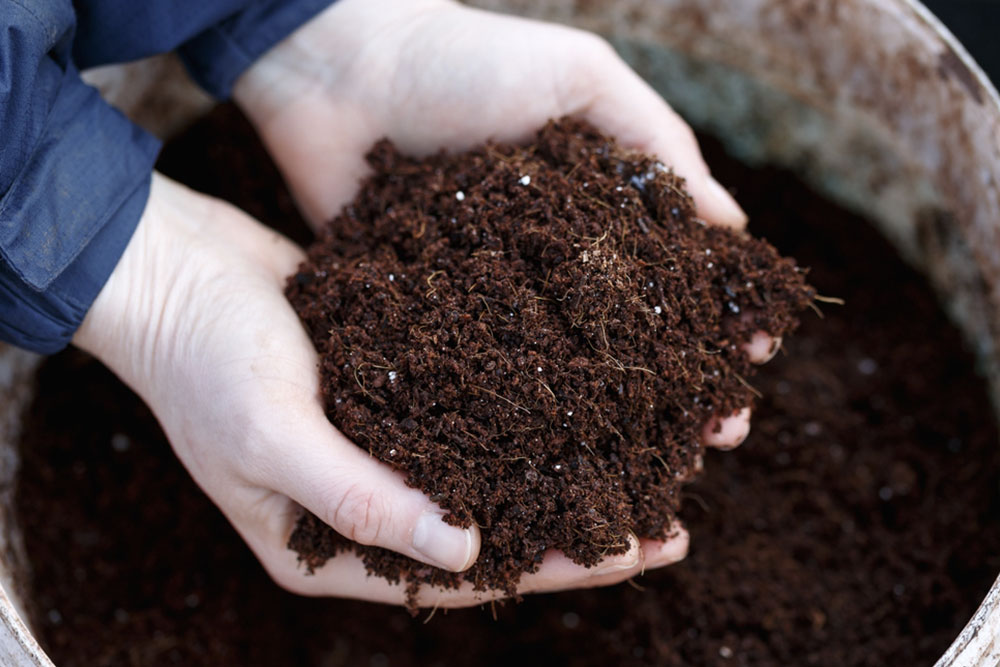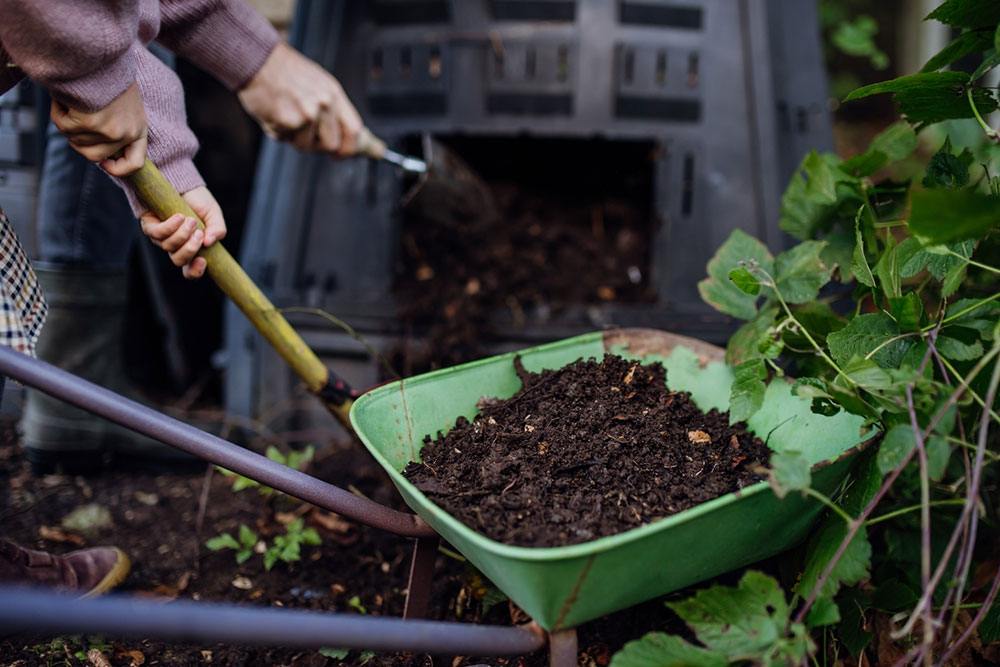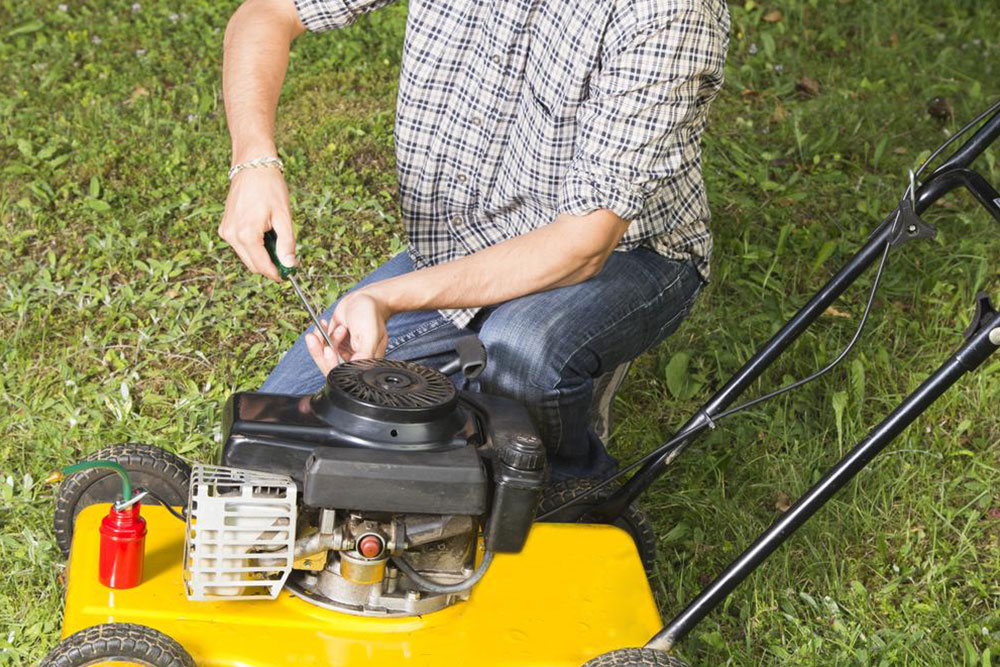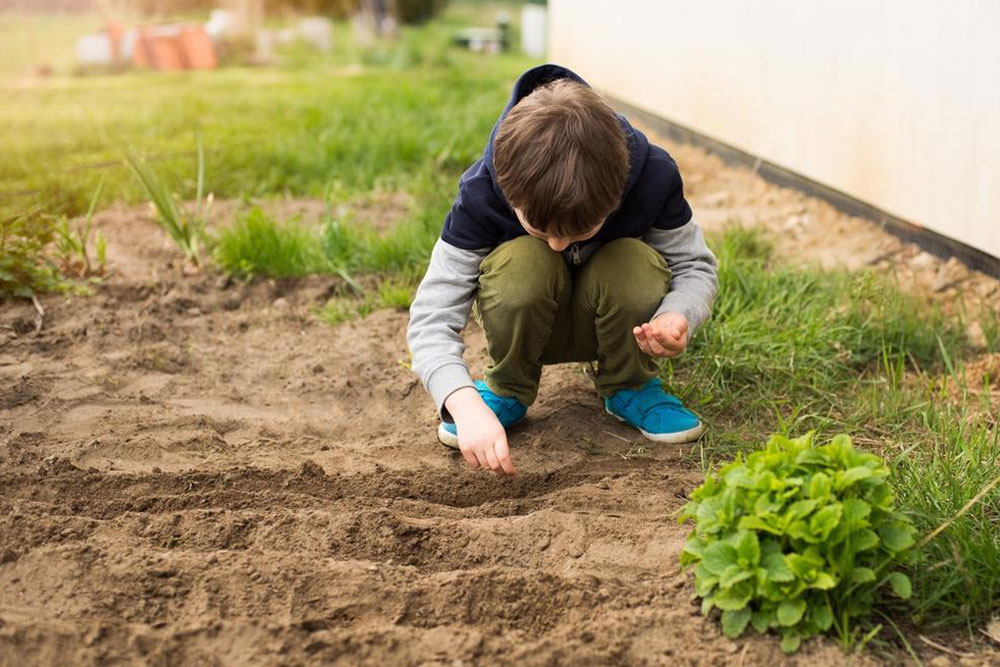Essential Organic Fertilizers for a Flourishing Garden
Explore the top natural fertilizers that promote healthy, thriving gardens. From manure and compost to bone meal and earthworm castings, discover eco-friendly options to enrich your soil and boost plant growth sustainably.

Essential Organic Fertilizers for a Flourishing Garden
Nourishing your garden plants with the right nutrients is critical for healthy growth and maintaining vibrant soil. Natural organic fertilizers serve as an excellent method to replenish vital nutrients, boost plant vigor, and preserve environmental health. These eco-friendly solutions improve soil fertility and enhance crop yields without harming the ecosystem.
What are organic fertilizers?
Organic fertilizers are natural substances derived from plants, animals, or minerals, designed to meet the specific nutritional needs of your garden. They strengthen plants and improve soil health naturally, supporting sustainable gardening practices.
Using organic amendments enriches soil, supplies essential nutrients, and enhances plant resilience against pests and diseases.
Top Organic Fertilizers to Boost Your Garden
Healthy soil is the foundation of thriving plants. It supplies vital nutrients and improves structure and water drainage. Here are effective soil enhancers to cultivate a robust garden.
Manure
Animal waste from cows, chickens, and goats acts as a natural fertilizer. It adds nitrogen and other nutrients to the soil.
Cow manure
Suitable for slow nutrient release with moderate nitrogen levels.
Chicken manure
Rich in nitrogen, promoting vigorous plant growth.
Goat/Sheep manure
Dried and odor-controlled, it’s easy to apply and supports healthy development.
Rock phosphate
This finely ground mineral provides phosphorus and other nutrients, releasing them gradually for long-term soil benefits.
Compost
Decomposed organic waste, including plant scraps, kitchen waste, and manure, enriches soil over time. It can be used directly or as a liquid compost tea to nourish plants.
Grass clippings
Mowed lawn grass can be composted or used as mulch. It is rich in nitrogen and helps stimulate plant growth while suppressing weeds.
Bone meal
Animal bones ground into fine powder supply calcium and phosphorus, strengthening plant structure and promoting healthy soil microbes.
Earthworm castings
Earthworm excretions are nutrient-rich and improve soil aeration, supporting vigorous flowering and vegetable development.
Eggshells
Crushed shells add calcium, reduce soil acidity, and reinforce plant cell walls. Ensure they are rinsed, dried, and powdered before use.
Factors to Consider When Choosing Organic Fertilizers
Selection depends on soil testing and specific plant needs, including:
Soil Texture
Knowing whether your soil is sandy, loamy, or clay helps determine suitable nutrients and drainage.
Soil pH
Pick fertilizers compatible with your soil’s acidity or alkalinity. Ideally, aim for a neutral pH around 6.5 to 7.
Nutritional Needs
Analyze soil nutrient levels—Nitrogen, Phosphorus, Potassium, and microelements—to optimize fertilization strategies.
Summary
Achieving fertile soil naturally can be challenging but is attainable with organic fertilizers. They support eco-friendly gardening by nourishing the soil and ensuring resilient, healthy plants.


